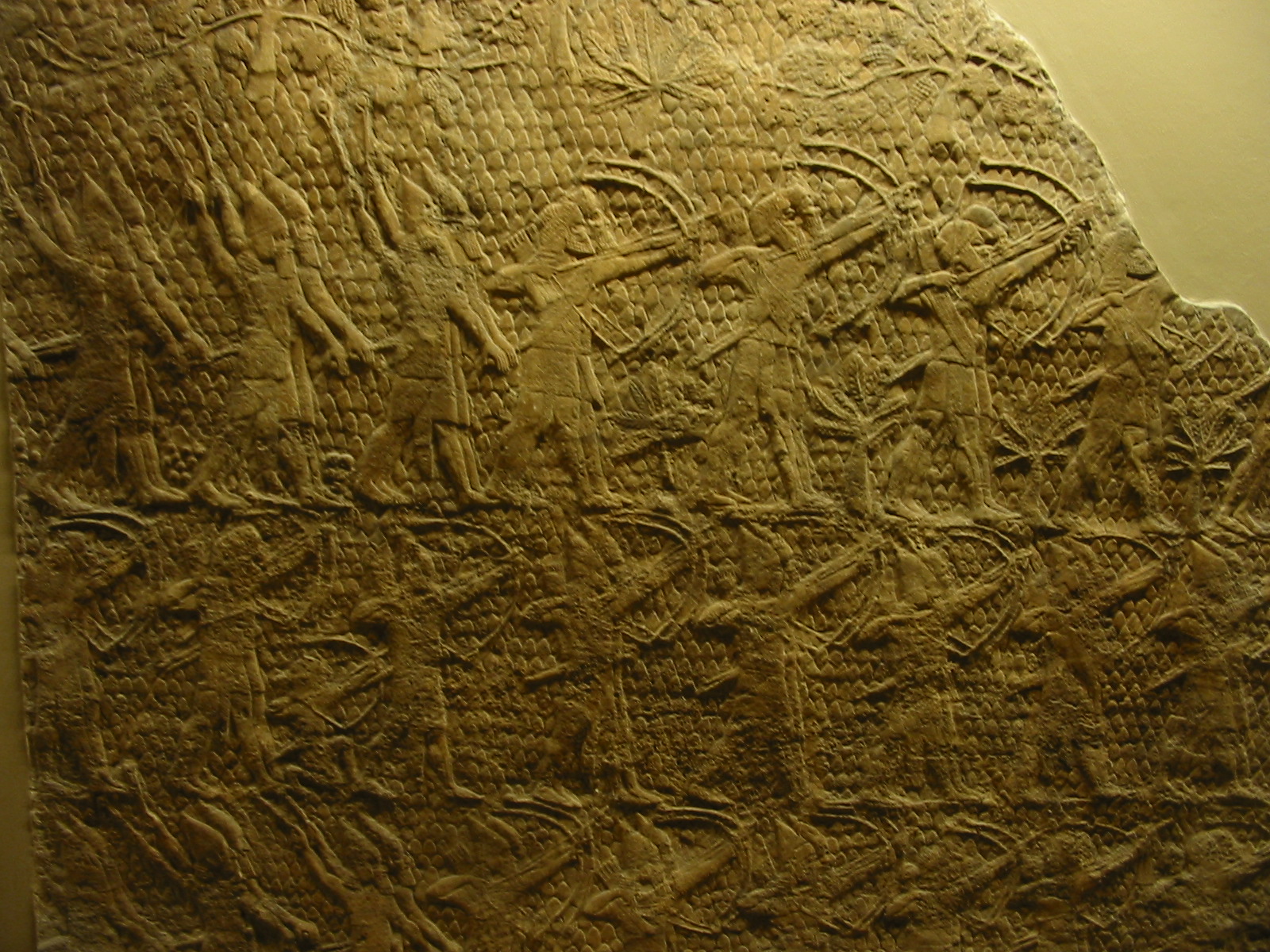The prophecy of Nahum is probably one with which we are not very familiar. This short book concerns Nineveh, which represents the nation of Assyria of which it was one of the capitals. Assyria conquered the northern kingdom of Israel around 721 BC. They then threatened Judah. The message of this short prophecy is that, although they were the most powerful nation in the world, they would be defeated and cease to exist. Just as God had used Assyria against the Northern Kingdom, he also decreed that they would fall. But before detailing what would happen to Nineveh we are given a description of God.
“The Lord is a jealous and avenging God; the Lord takes vengeance and is filled with wrath. The Lord takes vengeance on his foes and vents his wrath against his enemies. The Lord is slow to anger but great in power; the Lord will not leave the guilty unpunished…Who can withstand his indignation? Who can endure his fierce anger? His wrath is poured out like fire; the rocks are shattered before him.” (Nahum 1:2-6)
God is introduced as the all powerful God who will take action against those who are his enemies. Although he has the power to take vengeance and show his wrath, this is balanced by his being slow to anger. He doesn’t act quickly, even against his enemies. Sometimes refusing to act swiftly is seen as weakness, but God doesn’t act quickly because he is powerful. As Peter expressed it: “The Lord is not slow in keeping his promise, as some understand slowness. Instead he is patient with you, not wanting anyone to perish, but everyone to come to repentance” (2 Peter 3:9)
What does this tell us about God? Yes, he will act – “he will not leave the guilty unpunished” – but he doesn’t act in haste. His desire isn’t vengeance but for people to change and follow him. Even a terrible nation like Assyria was given this patience. Earlier God had sent Jonah to Nineveh with the message that they needed to change – and they did! But they reverted to their old ways and now would receive God’s fierce anger. But God doesn’t just take vengeance – there is another side to his power.
“The Lord is good, a refuge in times of trouble. He cares for those who trust in him, but with an overwhelming flood he will make an end of Nineveh; he will pursue his foes into the realm of darkness…Look, there on the mountains, the feet of one who brings good news, who proclaims peace! Celebrate your festivals, Judah, and fulfil your vows. No more will the wicked invade you; they will be completely destroyed.” (Nahum 1:7-15)
God is always good. He is a refuge for those who follow him. He takes care of those who trust in him. Part of this goodness is that he is a just God. Although Assyria had been a threat to Judah God was aware of all that was happening. God would deal with them as an overwhelming flood – there was no way they could resist against his. They would be defeated and no longer exist as a nation.
As a result, God’s people wouldn’t need to worry. They would have peace and be able to celebrate their festivals and fulfil their vows. They didn’t have to worry about invasion from Assyria because God would deal with them – they would be completely destroyed. Sadly it didn’t take long before Judah once again forsook God – and God raised up Babylon to take them into captivity.
What do we learn about God? That he is a good and just God but this doesn’t mean that he won’t act against wickedness. He knows what his people go through and ultimately he will deal with it. But he is patient, not wanting anyone to perish. Aren’t we glad that this is our God? He gives time to change and follow him but ultimately he will right all wrongs.
Photo by Jon Galloway from British Museum: Assyrian attack on Lachish.
Readings for next week: Micah 4-7; Nahum 1-3; Habakkuk 1-3; Zephaniah 1-2
- Is it all a show? - 2026-02-27
- The accuracy of the Bible’s prophecies - 2026-02-20
- Praying for each other - 2026-02-13
